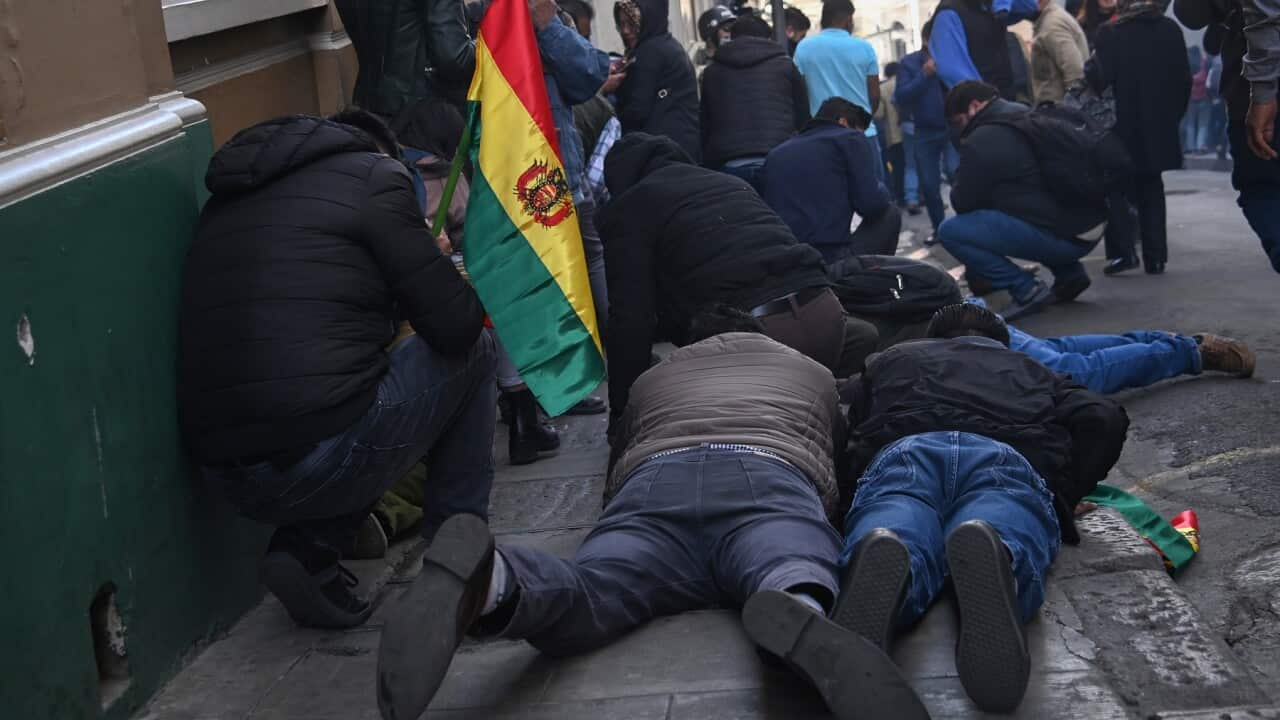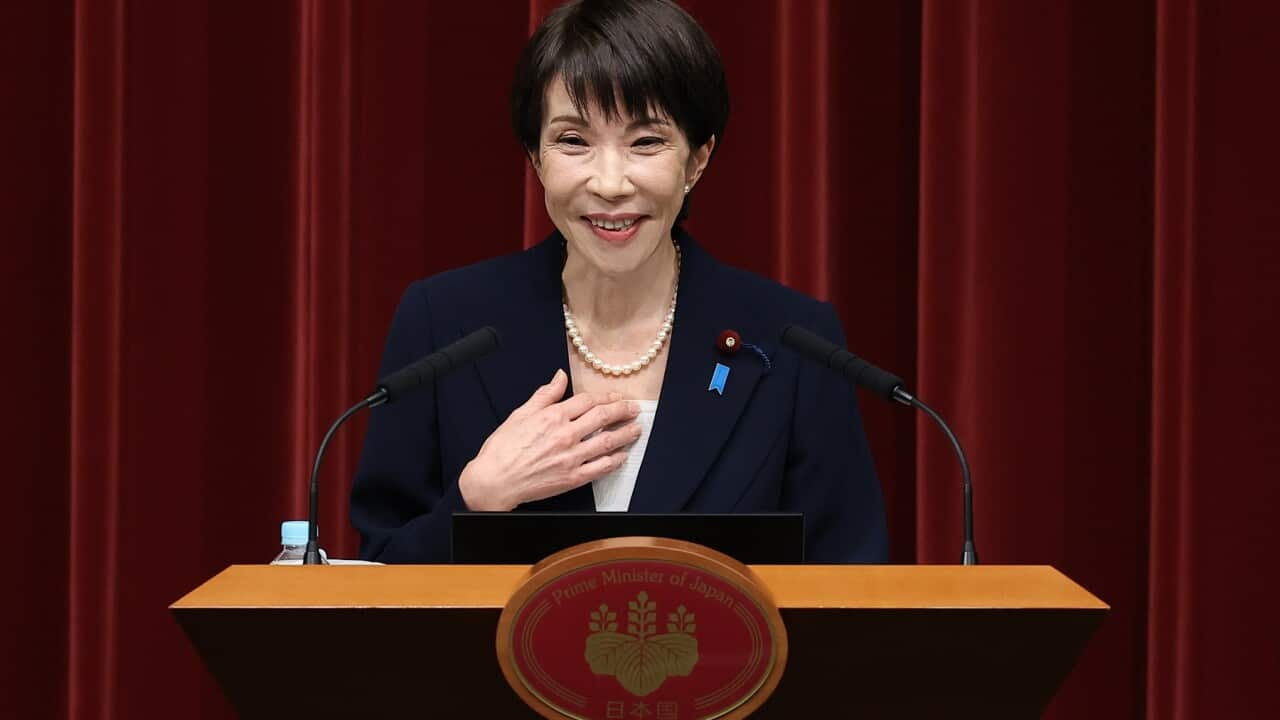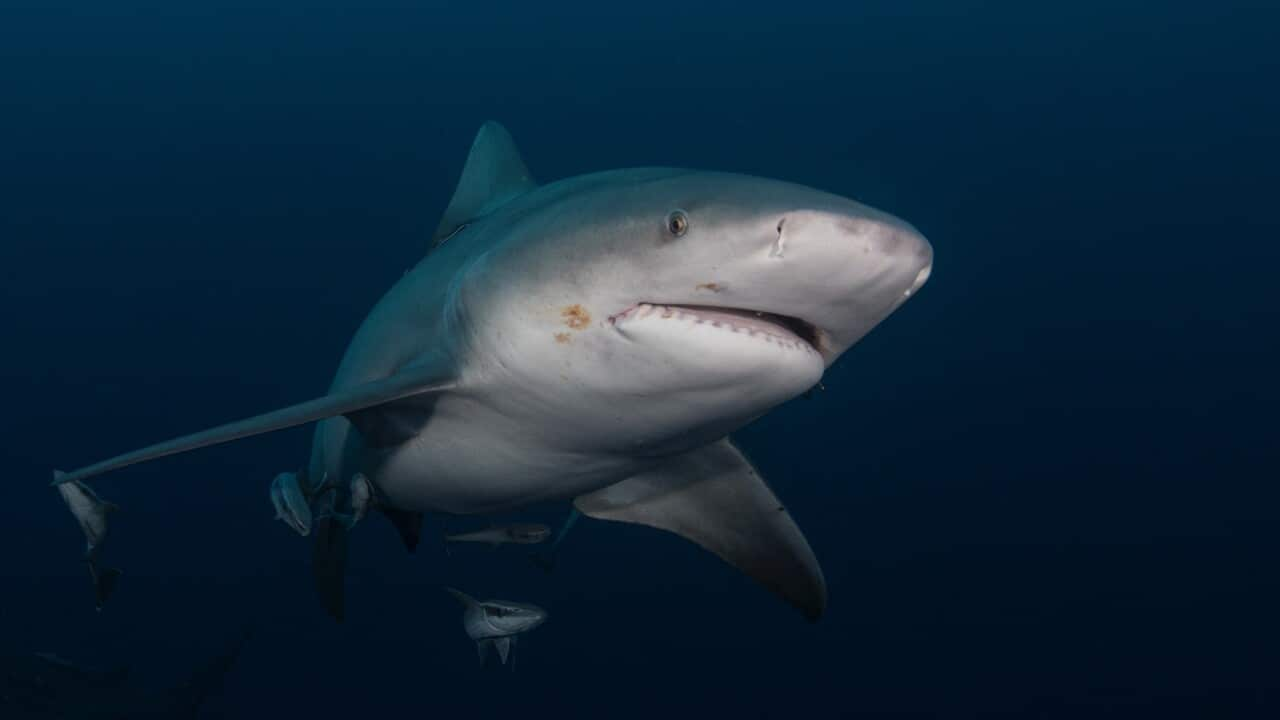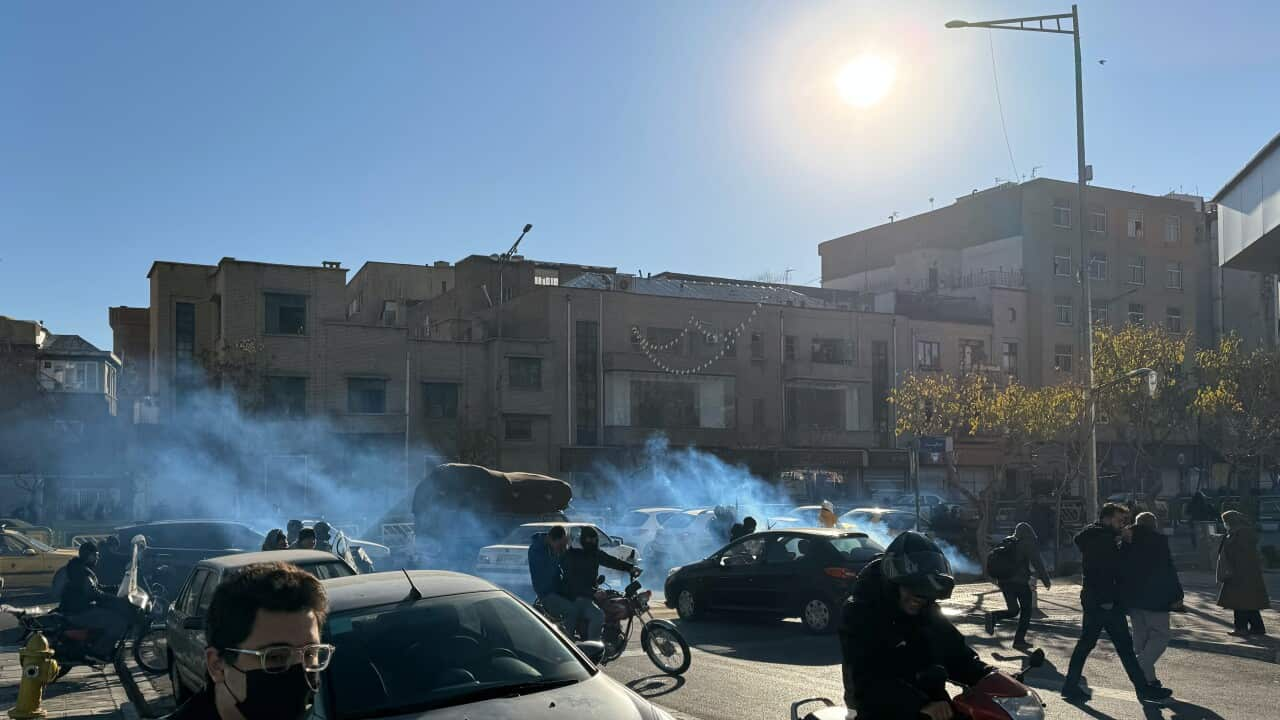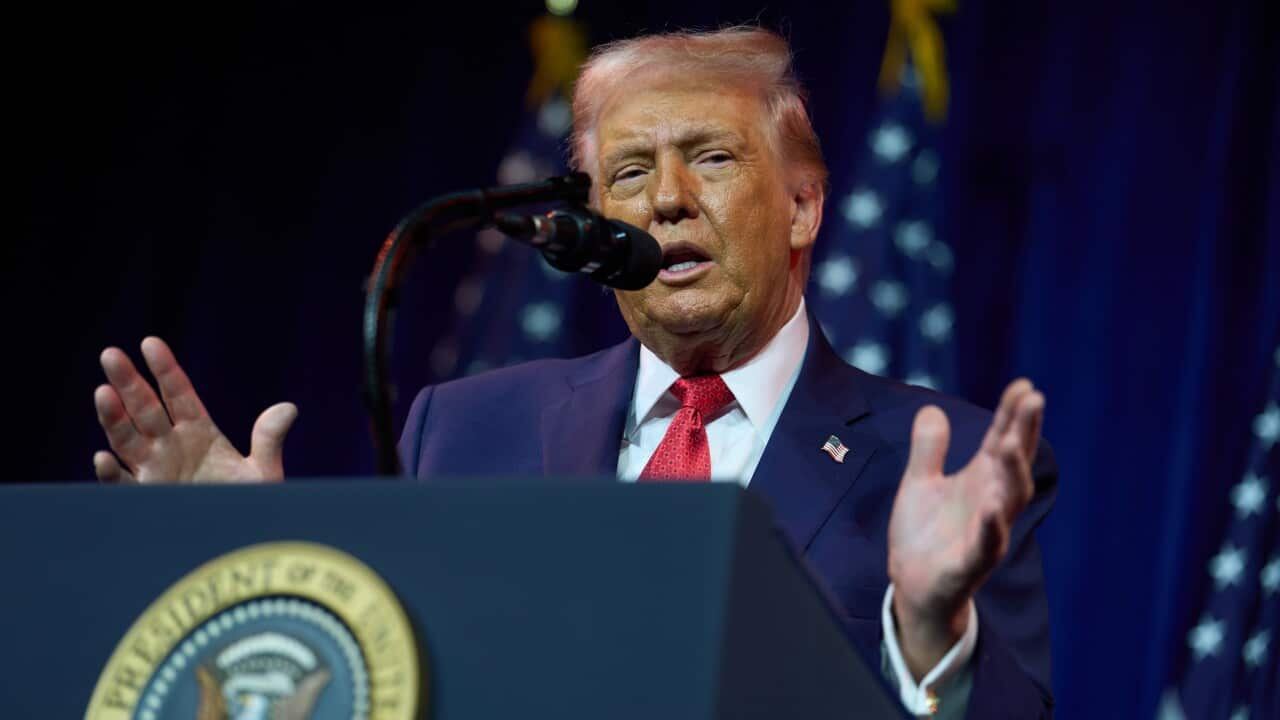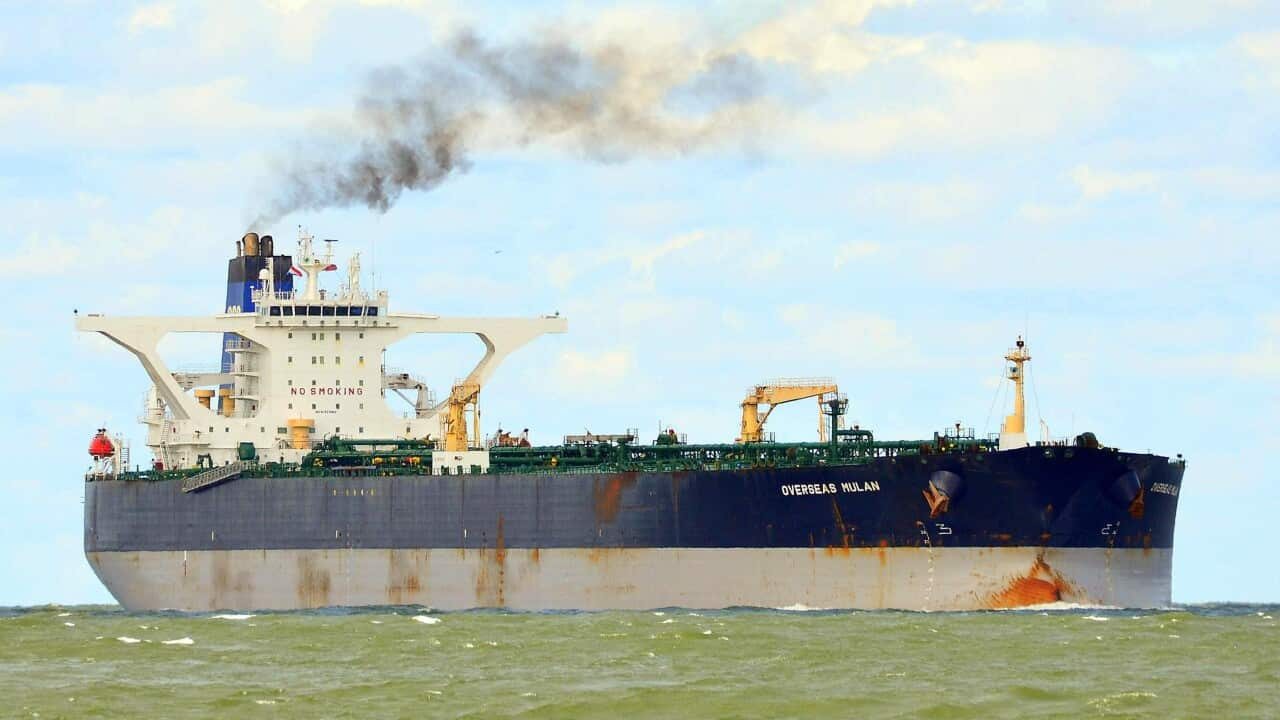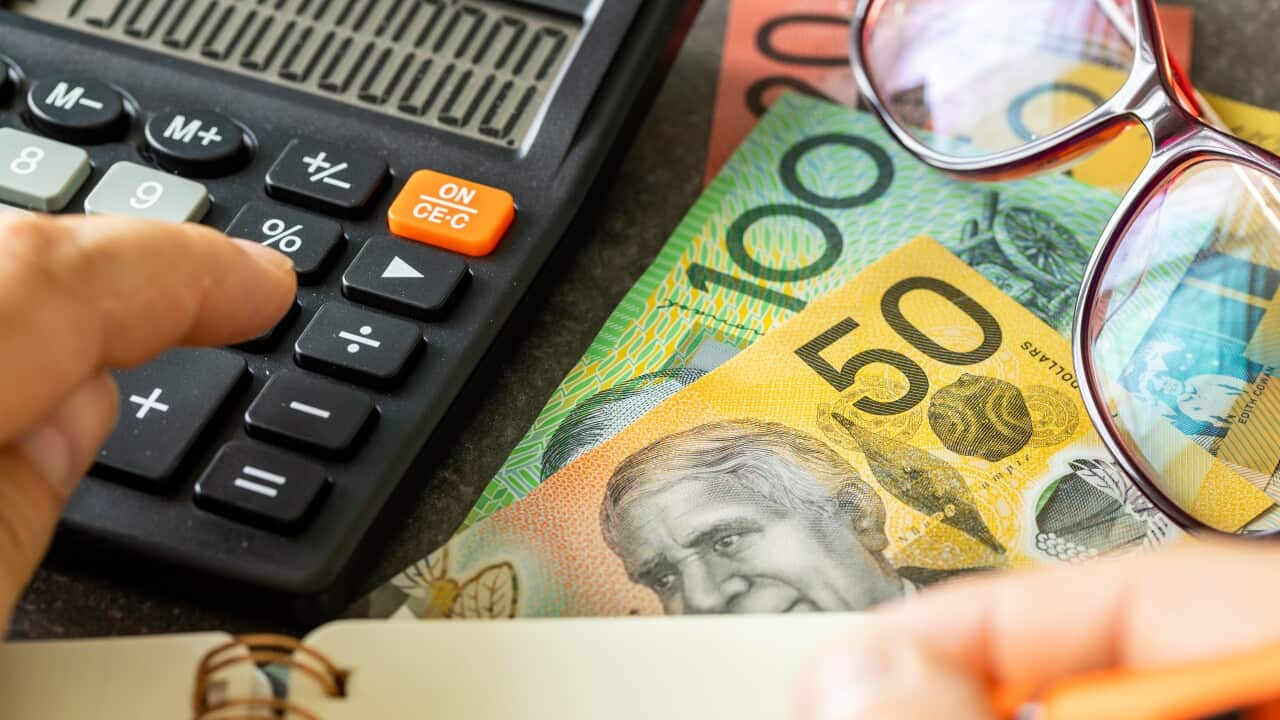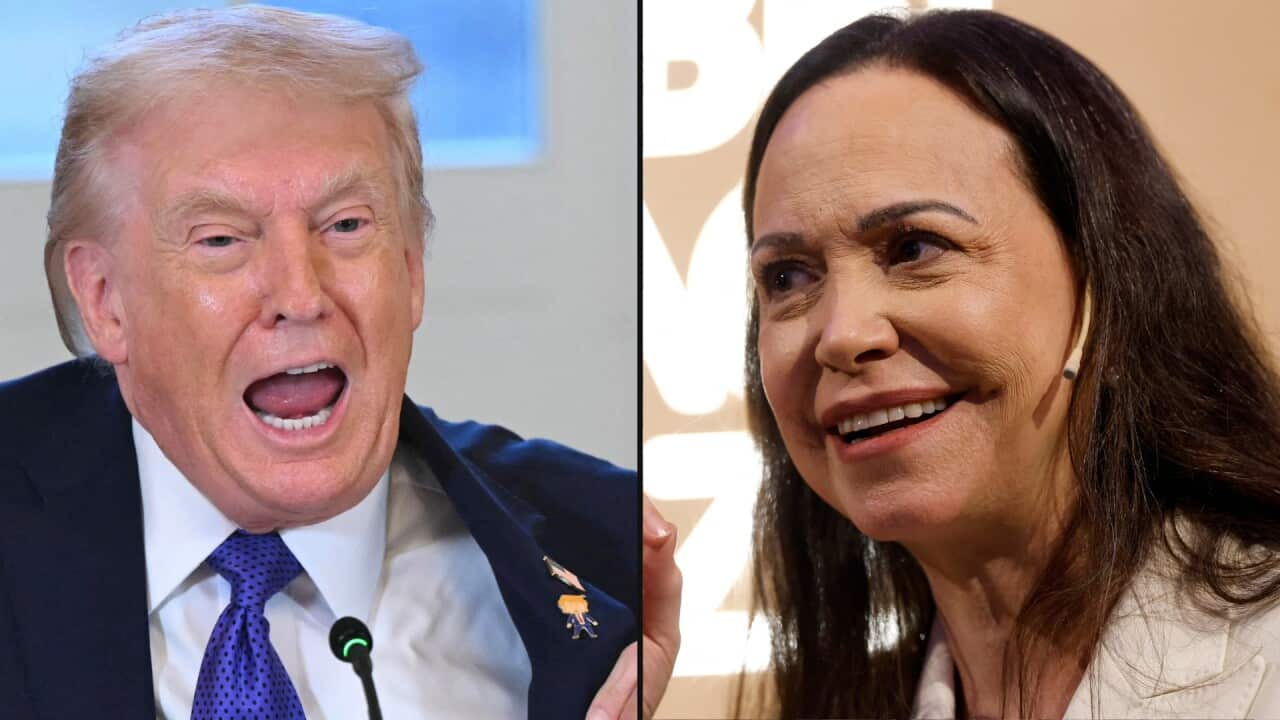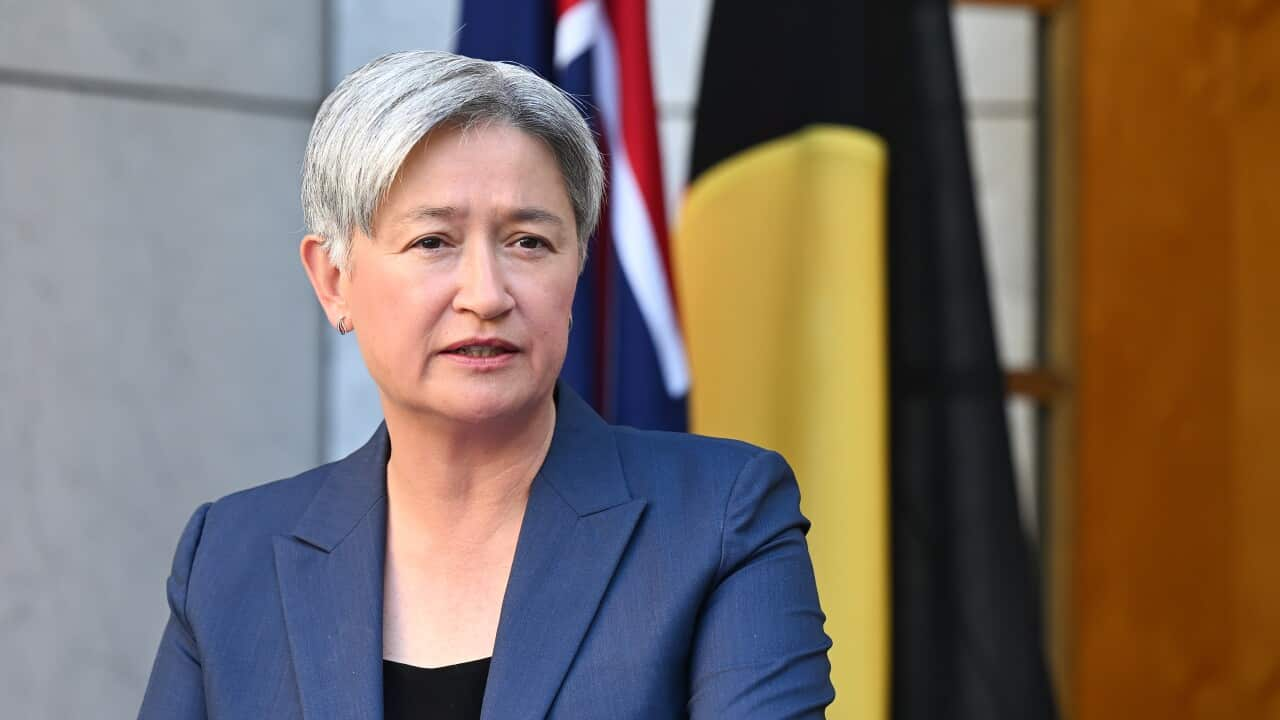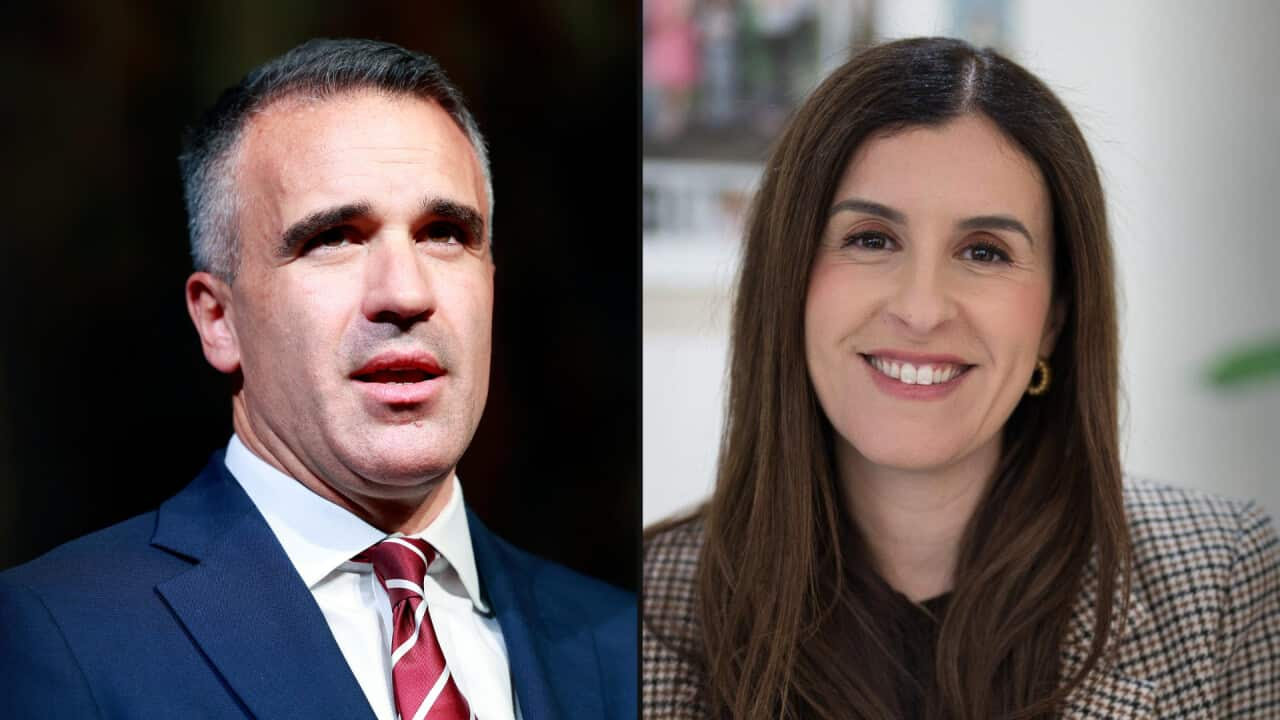TRANSCRIPT
There was fury on the streets of La Paz, after a rebel faction of Bolivia's armed forces took the nation by surprise.
Earlier in the day, heavily armed soldiers flooded the city's Plaza Murillo, sealing off the square in front of stunned onlookers.
An armoured vehicle twice rammed the gate of the presidential palace, forcing it open and allowing soldiers to stream inside.
It was there that the coup leader came face to face with President Luis Arce, who reportedly told the former general, Juan José Zúñiga to stand down.
The former general had been dismissed by the president for accusing former Bolivian leader Evo Morales, of stoking infighting within the ruling socialist party.
Former general Zuniga spoke to reporters in the plaza before his soldiers entered the palace.
"We want to re-establish democracy. It is enough that a few have taken it over. Look where they've taken us. Our children have no future. The people have no future. And the army does not lack balls to ensure the tomorrow of our children, the future of our children, the well-being and progress of our people."
Latin American leaders responded to the unfolding crisis, including Chile's president Gabriel Boric.
"We are absolutely aligned, from the Chilean state, in defence of democracy in Bolivia. We condemn the attempted coup d'état. We call for the institutions to function, for the constitution to be respected, for the laws to be respected, and we hope that no one is injured and that the legitimate government of President Luis Arce is maintained and can continue with the mandate given to him by the Bolivian people."
Venezuela's leader Nicolas Maduro also spoke.
"From Venezuela, with the immense love we have for Bolivia, we call on the people of Bolivia to defend their democracy, their constitution, and their president."
As Bolivians were called to the streets to support their president, the rebel troops eventually backed down.
President Arce swore in three new heads of the armed forces.
He then addressed supporters who'd filled the square, which had earlier been occupied by soldiers.
"It fills us with bravery and courage to keep on resisting any coup attempt because Bolivia deserves its democracy, which has been won in the streets, and with blood, brothers and sisters."
With the plaza reclaimed, an extraordinary accusation emerged.
The former general Zuniga claimed the president himself, was implicated in the short-lived coup.
“The president told me the situation was bad and this week would be critical. Then it was needed to prepare something to push up his popularity."
International Crisis Group Fellow Glaeldys Gonzalez says it's too early to know the exact motive for the failed coup, but it's raised tensions around the country, ahead of an election due next year.
"I think this is also a sign of how tensions can escalate and to what point tensions can escalate, and we can also expect there may be in the next few weeks, protests and road blockades against this type of move, and so I really don't rule out anything in Bolivia."
The crisis was brought to an end, with the arrested coup leader led in handcuffs, to be presented to waiting television cameras.
The president is yet to comment on Zuniga's claim that he orchestrated the failed coup.
